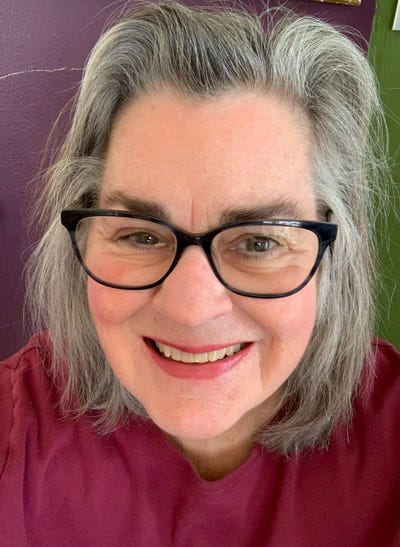April 24, 2008

This year, the turkey on consumers' Thanksgiving tables may be embellished with a brand new label.
More than 9,000 turkeys bearing the Animal Welfare Approved seal have been shipped to stores in the last week. The seal is the latest humane certification to debut in an industry segment that insiders say is characterized by bickering and feuding over whose label best ensures the most humane treatment of farm animals.
The Animal Welfare Institute's Animal Welfare Approved seal has the highest standards for animal advocacy, said AWI President Cathy Liss. To prove her point, AWI's Web site compares Animal Welfare Approved with other animal certifications, including the National Organic Program, the Certified Humane Program, Free Farm Certified and Animal Compassionate. According to the comparison, only Animal Welfare Approved requires that animals be raised on an independent family farm and that all animals on the farm be treated with the same standard of care.
Liss said her 55-year-old nonprofit Washington D.C.-based organization launched the Animal Welfare Approved seal because "while many other specialty labels may begin with the economic interests of industrialized agribusiness in mind, Animal Welfare Approved prioritizes each individual animal's comfort and well being.
"In a practice we call double-standard certification, some outfits label products 'humane' for their adherence to certain standards while permitting the bulk of animals to be raised using cruel industrial practices. In so doing, the agribusiness seeks to maximize profits and control the market by displacing family farmers who raise all their animals according to a high standard of welfare."
The seal has extensive requirements for the humane treatment of beef cattle, ducks, turkeys, pigs, rabbits and sheep. At the heart of the regulations is the credo that the "environment, housing and diet for animals shall be designed to allow the animals to behave naturally."
Beef cattle, for instance, should be fed a diet consisting of 70 percent minimum long-fiber roughage, and calves shouldn't be weaned before they're 6 months old.
The standards for the AWI seal were developed by "a number of farmers," Liss said, along with veterinarians and scientists around the world who work with animals or have a strong background in animal behavior.
Liss said more than 500 U.S. farms currently adhere to AWI's standards. She said AWI representatives will visit member farms at least once a year to make sure they're fulfilling the requirements of the Animal Welfare Approved seal.
Urvashi Rangan, Ph.D., senior scientist and policy analyst for Consumers Union's Eco-labels program, said the Animal Welfare Approved seal is a good addition to the other humane certification labels. "It's great that there are more labels out there because that means more healthy animals, and healthy animals translate into healthy products. I think there ought to be a democratic proliferation of labels."
Rangan said each humane certification seal has value. She compares the growing number of humane treatment labels with the rise of organic labels decades ago, before the National Organic Program debuted.
"You can't just have a meeting and define everything about humane treatment of animals, and then you're done," she said. "It took 30 years for organics to sort of conflate into one standard. Successful labels can make standards go up over time."
About the Author(s)
You May Also Like
.png?width=700&auto=webp&quality=80&disable=upscale)




